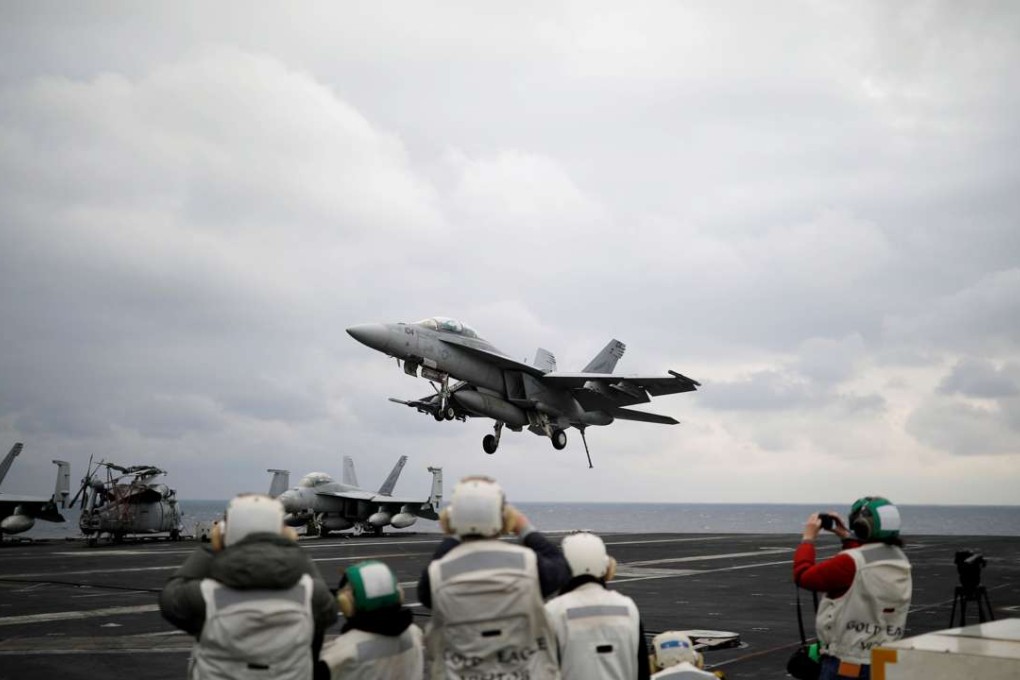Will China stand aside if North Korea wants to talk to Trump?
By increasing the size and scale of the prospective nuclear tests, Pyongyang may be positioning itself to get the attention of the US directly, rather than through other countries

Jennifer Lind, an Asia specialist at Dartmouth College, argues that over the decades, North Korea has become adept at playing the role of a madcap country. By feigning madness, or, irrationality, it has injected an aura of unpredictability that serves as a perfect counterpoise to its military and strategic weakness. It all started, not with the end of the Cold War but with China’s recognition of South Korea in 1993.
When Beijing and Seoul established a normal diplomatic relationship, Pyongyang was stunned. It was being abandoned not merely by the Soviet Union, which was gone by 1991, but China too, its main patron. To this day, the fear of complete abandonment is real, as China imports close to 80 per cent of North Korea’s coal.